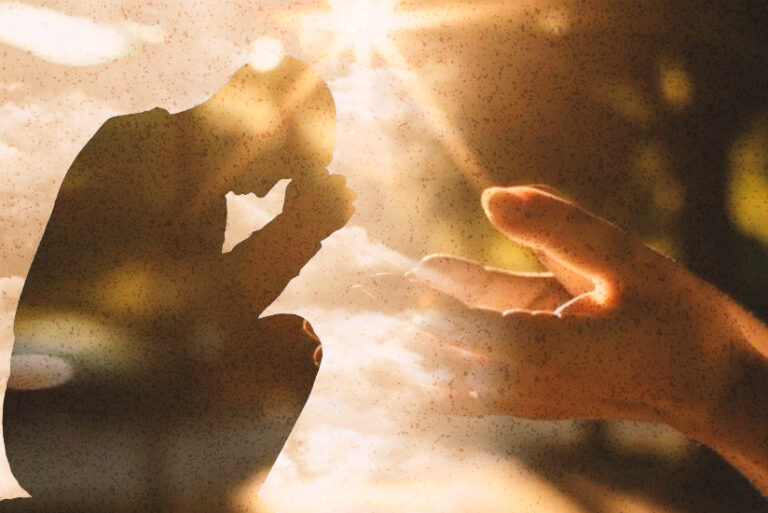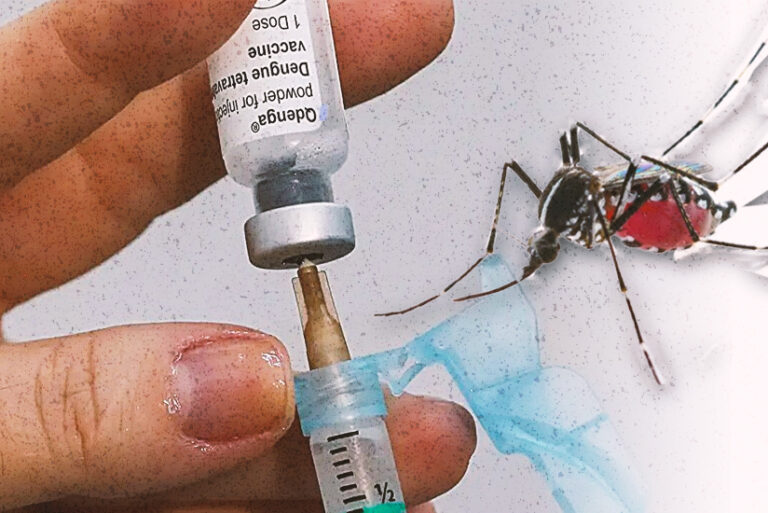By Henrylito D. Tacio
IN EVERYTHING, GIVE THANKS
“Cultivate the habit of being grateful for every good thing that comes to you, and to give thanks continuously.” – Ralph Waldo Emerson
***
“The words ‘Thank You’ bear fruit immediately,” wrote Fr. Frank Mihalic, a priest and author of inspirational books. “When we are thanked, our first reaction is to go and thank someone else. And in that way, we start a whole chain reaction of thanks.”
Hearing those two words motivates us, right? “What is particularly inspiring is thanks from above: parents thanking children, bosses thanking employees, teachers thanking pupils,” Fr. Mihalic said. “But why is it that giving thanks is automatic to strangers and not to those near?”
Let me tell you a story shared by Bruno Hagspiel: A widow who had spent long days and hours in the factory and at home raising her four children, lay exhausted and emaciated on her deathbed.
Around her stood the four of them, now grownup men and women. The eldest son, in tears, said to her, “Mother, you have always been so good and kind to us. We want to thank you. We’re so proud of you.”
The mother, for the last time, opened her eyes and asked, “Why have you waited so long to tell me that? You never ever said so before,” she said, turned her head away and died.
So, when was the last time you said “Thank you”? Was it an hour ago, yesterday, last month, last year? You can’t remember anymore?
Do you ever say the two magic words only to those who have given you a gift or to your boss who has praised you for the job well done? Or, to someone who did good things to you like bringing your heavy load to your car and helping you fix your troubled engine?
What about those sales ladies, waiters or waitresses, flight attendants, taxi drivers, office workers, security guards, and bus conductors? Have you ever thanked them or completely ignored them since what they are doing are just part of their jobs?
Like those who have given you something, these people – whatever their status in life – deserve to be thanked. Not only for the services they have rendered to you, but because they are human beings that need to be inspired too.
“Saying ‘Thank you’ helps not only ourselves but also the people who hear it,” wrote Fr. Mihalic. “If we thank people, they don’t forget it. And the next time around, they will be glad to be of help to us. They feel they owe us something. Thanking people cheer them up; you can see their faces light up. It makes their work lighter. They go on doing the same old job, but somehow it seems interesting and easier.”
Most people fail to say thank you because they really don’t know the real meaning of those two words. Or, they may say it but really don’t mean it. Let’s listen to the words of American author Kim Holden (of The Other Side distinction): “I’ve said thank you thousands of times in my life. Most of the time I mean it to some degree. There are times when I’ve said it and felt the gratitude behind the words wholeheartedly, but I don’t think I ever understood what those two words truly meant until this very moment.”
There was this 15-year-old boy who was sitting in the front seat of a bus when a very old man came in the door. He looked around for an empty seat. So, the young boy got up and gave him his seat. After a while, the boy asked the old man, “What did you say?”
The sitting passenger replied, “I didn’t say anything.” At which the boy remarked, “I thought I heard you say, ‘Thank you.’”
The incident reminded me of the words of Ernest Agyemang Yeboah. “Never ever seek for gratefulness from mankind,” he said, “you shall always see ungratefulness. Do what you must do as a solemn duty and that is what you have to do!”
Speaking of ungratefulness, let me share another story. A nurse had been treating a tropical ulcer case with daily morning dressings. The teenager, about 18 years old, had to come along on crutches, the sore was so large and deep. She gave him her best penicillin when it was still a rarity, cleaned away the green puss each day and soon had the new skin growing along the edges.
After a whole month, the nurse told the young lad, “Okay, now, you won’t have to come back anymore. Your sore is healed.” Hearing those words, instead of saying “Thank You,” the young man said, “What are you going to give me now for having come back every morning so faithfully?”
Practice makes perfect, so goes a saying. The same is true with telling someone the two words, “Thank You.” In his book, Don’t Sweat the Small Stuff… and It’s All Small Stuff, Richard Carlson wrote: “If you’re anything like me, you probably have many people in your life to feel grateful for: friends, family members, people from your past, teachers, gurus, people from work, someone who gave you a break, as well as countless others. You may want to thank a higher power for the gift of life itself, or for the beauty of nature.”
To thank these people, Carlson said that you have to spend a moment every day thinking of someone to thank. “As you think of people to be grateful for, remember that it can be anyone – someone who allowed you to merge into traffic, someone who held the door open for you, or a physician who saved your life. The point is to gear your attention toward gratitude, preferably first thing in the morning.”
To end this column, allow me to quote the words of William Arthur Ward, an often-quoted writer of inspiration maxims: “God gave you a gift of 84,600 seconds today. Have you used one of them to say thank you?” – ###








